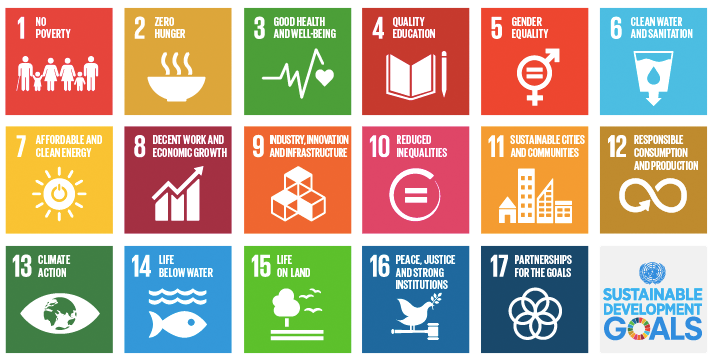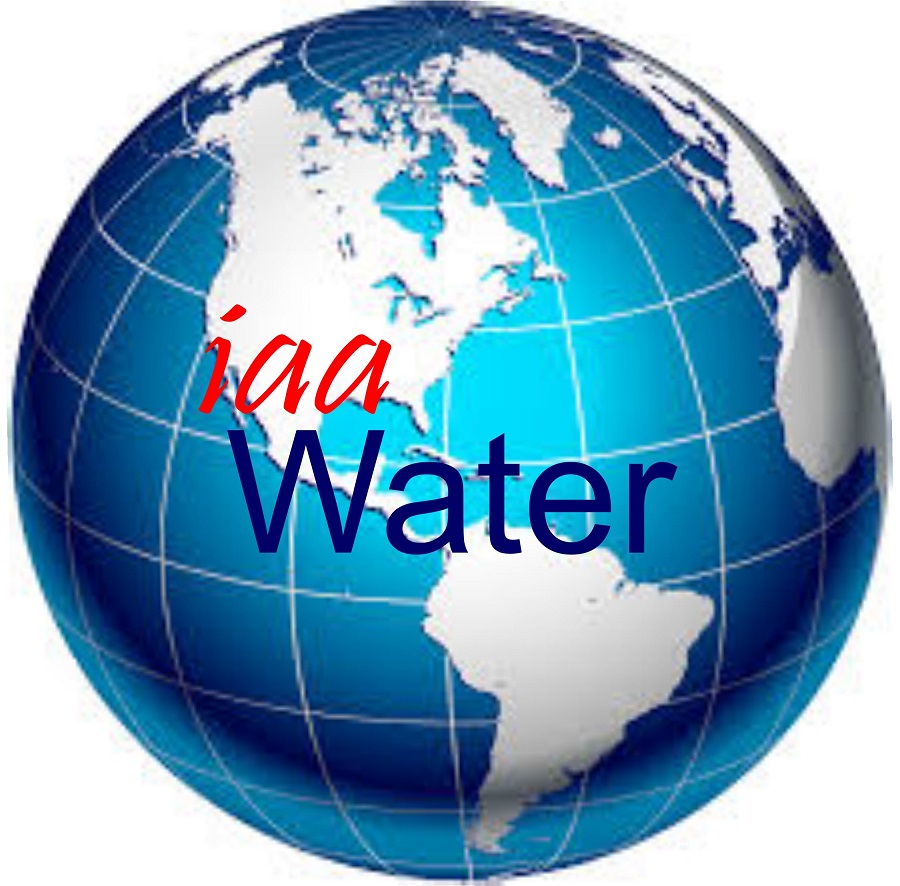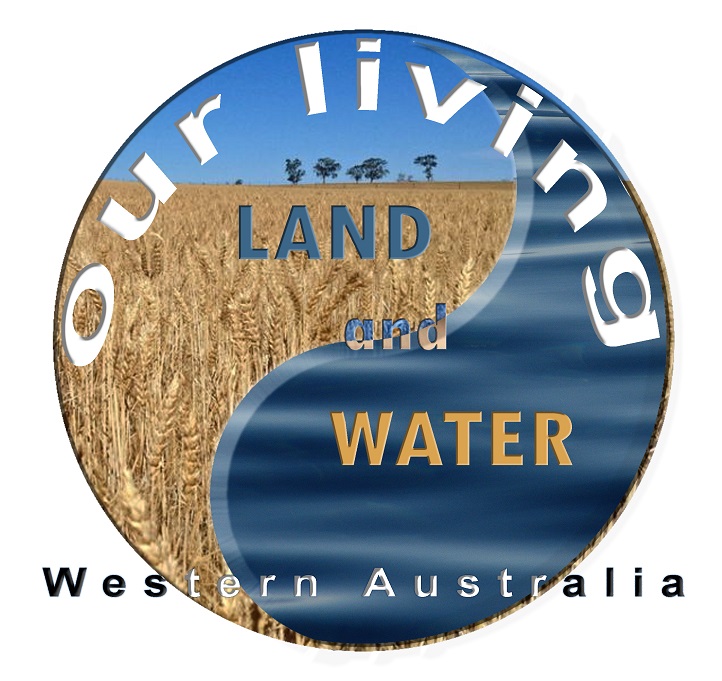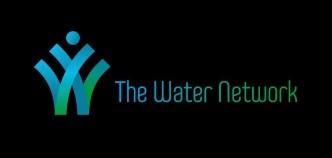Theme2: Valuing Rivers and Water |
|
Safe and affordable drinking water,
Achieving access to sanitation and hygiene, WASH, water quality improvement, wastewater and safe reuse, ensure freshwater supplies;
Wastewater treatment to avail energy, Nutrients and freshwater for reuse. Reduce vulnerability and improve resilience to water-related disasters.
Agriculture water quality its improvement by various means, wastewater and safe reuse.
Increase water-use efficiency and ensure fresh and Agriculture water supplies. Implement integrated water resources management.
Protect and restore water-related ecosystems. Agriculture, Horticulture and Forest for production.
Water productivity and efficient water use. Agriculture water management and means of implementation.
Eliminating inequalities and water conflict management.
|
Action:
Protection and Losses
reduction
Keywords:
Drinking water, waste water, sanitation Hygiene
Agriculture water quality, wastewater treatment
Agriculture production, Water use efficiency, water productivity, water use
Food Processing
Water conflict
|
Theme3: Threats to Water resources and Food
Security
|
|
Risk Management for Disasters and Climate Change
Managing Water under Uncertainty and Risk. Hydrologic Modeling and watersheds, Land use change; Climate change effects, Drought and water scarcity, Floods and disasters and debris flows and there assessment and Management.
Extreme weather events. Combat desertification; restore degraded land and soil, including land affected by desertification.
Flow reduction in rivers, contamination in ground water, water table fluctuations, river siltation and meandering.
Agriculture in uncertain climate. Climate effects on Plant, Human, soil;
Threats to fisheries and sea water habitants; Ecosystem challenges and Biodiversity.
Climate change mitigation, as many efforts to reduce carbon emissions and to sustain carbon storage in plants and soil rely on water availability. Environmental Assessments, Protection and Challenges.
|
Action:
Threats extent Assessment & Prediction, models, studies
Keywords:
Climate change , disaster, soil degradation,
Hydrology, watersheds, Forests
Threats to Food security, Agriculture and fisheries
|
Theme4: Ecosystem rejuvenation
|
|
Water resources adaptation strategies; Protection and restoration of water-related ecosystems, Ground water recharging, moisture conservation, watershed management practices, forestry as a source of healthy ecosystem, improving water use efficiency.
Managing Agriculture, Horticulture and forests, Improving soils, Conservation and Management of soils,
integrated watershed management. Wetlands improvement and Management.
Natural processes to enhance water availability (e.g., soil moisture retention, groundwater recharge), improve water quality (e.g., natural and constructed wetlands, riparian buffer strips)
Water harvesting water recharging, and reduce risks associated with water‐related disasters and climate change (e.g., floodplain restoration, green roofs).
Plant genetics and breeding techniques DNA manipulation techniques breed resistance against specific diseases and common pests and insects, and to reduce environmental burden of fertilizers,
varieties to reduce the demand for irrigation water and to improve crop production transgenic breeding, improved crop varieties for marginal agro-ecological regions.
Improving resource use efficiency, conserving protecting and enhancing natural resources, meeting challenges of growing demand. Irrigation water Management.
Prevention and reduction of marine pollution of all kinds, in particular from land-based activities, including marine debris and nutrient pollution.
Coastal eutrophication, sustainably manage and protect marine and coastal ecosystems to avoid significant adverse impacts, including by strengthening their resilience, and take action for their restoration in order to achieve healthy and productive oceans
|
Action:
Adoption, Protection, Conservation and storage, Management
Keywords:
Recharging, moisture conservation, Agriculture, Horticulture and forests,
Integrated watershed management. Water Harvesting,
Wetlands, Ecosystem regeneration,
Plant genetics and breeding, marine pollution, Coastal eutrophication.
|
Theme5: Feel the vibration for sustainable life
|
|
Maintaining ecosystem services, improving crop production, fisheries and horticulture, Sustainable agriculture, organic farming;
Developing sustainable cities, Villages and Settlements, green technologies.
Biotechnology and plant research for sustainable agriculture and food security, Crop genetic improvement for better yield;
Reducing food losses through, preservation and packaging
Environmental Pollution control, reducing its health impacts.
Exploring nature-based solutions to the water challenges in the 21st century.
Sustainable watershed planning, Hydrologic modeling and Decision support systems,
Protection and conservation of mountain biodiversity; Action to reduce the degradation of natural habitats, halting loss of biodiversity, protection and prevention of extinction of threatened species.
Ensure the conservation, Restoration and sustainable use of terrestrial and inland freshwater ecosystems and their services, in particular forests, wetlands, mountains and drylands, improving forest cover, to promote the implementation of sustainable management of all types of forests, deforestation, restore degraded forests and substantially increase afforestation and reforestation globally, sustainable forest management
Wet lands and Life below the Sea.
Improving soil, soil reclamation and soil conservation for improving crop productivity
|
Action:
Sustainable development, Indigenous and green technologies, Nature-based solutions
Keywords:
Pollution control, Improving soil
Plant research and genetic Improvement
Food loss reduction
Ecosystem services maintenance, sustainable cities, Villages and Settlements
Wet lands and life below the sea
|
Theme6: Science, Technology ICT and innovation as
support system for Action
|
|
Effective water resource management through ICT and database management; ICT systems for Information dissemination and mobilization, remote sensing and GIS applications IoT based system, Datamining etc.
Present research and research needs for water conservation and recharging; Mobilizing resources, reaching to community.
Making knowledge accessible, Creating Knowledge Platforms and other mechanisms for dissemination and transfer of Knowledge and data.
Accounting and monitoring and Management tools, software and Models to control and monitor efficient use of water. Decision support systems and Expert systems.
Agriculture and Biotechnology
Solving food problem through food loss deduction; Improved variety, genetic characterization and improvement;
Improving soil, and climate change mitigation and early warning systems.
Sustainable development and integrated management of water resources to achieve of social, economic and environmental objectives. Improving technology choices, Locally available technology
Opportunities in water sector search for equality, development of job opportunities either directly related to its management (supply, infrastructure, wastewater treatment, etc.) or in economic sectors that are heavily water-dependent such as agriculture, fishing, power, industry and health.
Access to drinking water and sanitation through promotion of an educated and healthy workforce for sustained economic growth.
|
Action:
Scientific studies, Information systems, models, tools and technologies, Decision support systems
Keywords:
IT and IOT Applications
Remote Sensing and GIS
Hydrological studies
Crop studies and Analysis
|
Theme6: Policy issues, Governance and resource
mobilization
|
|
Water Awareness and Implementation
Water resource management issues,
Water conflicts and use and human rights. Inter-basin transfers and transboundary issues.
The ability of countries to address the mounting challenges of matching water available with mounting demand for domestic, agricultural, industrial and environmental needs depends upon better management of water resources and more efficient use of water for productive purposes.
Improved governance of water resources; Capacity building; Water governance in a participatory way to draws full potential of women and men as professionals and citizens,
knowledgeable organizations, developing transparent institutional framework. Academia as a knowledge and information repository.
Opportunities in water sector; development of job opportunities either directly related to its management (supply, infrastructure, wastewater treatment, etc.) or in economic sectors that are heavily water-dependent such as agriculture, fishing,
Power, industry and health.
Cooperation and collective action; Access to drinking water and sanitation to promote an educated and healthy workforce, as essential factor for sustained economic growth.
Mobilizing financial resources and Resource Mobilization for Economic development. And to improve water efficiency and promote the creation and adoption of cost effective innovations;
Adaptation and mitigation efforts, share knowledge, and build long-term resilience by investing in appropriate infrastructure.
|
Action:
Capacity building, Awareness, Resource Mobilization
Keywords:
Indirect opportunities
National Issues and plans
Academia as a knowledge and information repository
Case studies and proposals
|






















